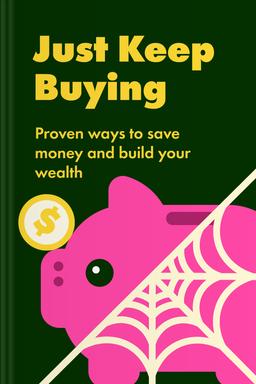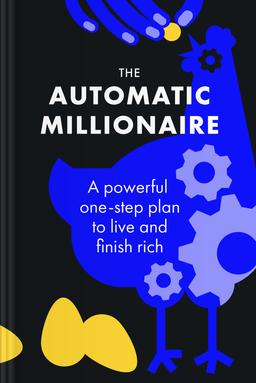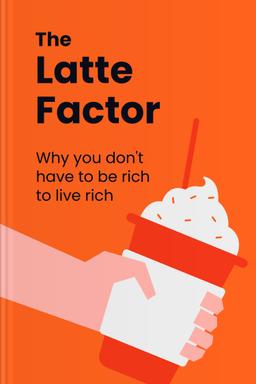9 Best Money-Saving Books and Reaching Financial Freedom
Looking to learn the art of saving money? Understanding the principles of saving money gives opportunities for achieving financial freedom and stability. Financial knowledge can genuinely change your life by helping you plan your budget, earn more wisely, and set realistic goals for the future.
Books on financial literacy are one of the best sources of information that will change your view of money. They will help you reevaluate your behavior and tell you how to act to gain your dream of financial independence.
Financial literacy allows you to keep control over your life and feel confident in the future. Managing personal finances is one of the most essential modern skills, but not everyone has it. You can learn how to plan your budget competently, avoid common financial mistakes, and save and increase your money by reading books on this topic.
Have you ever been in situations when you sincerely wanted to change your income level but did not know where to start? We have the answer for you — you need to start with your education. We have prepared a list of the most valuable books to give you a new vision of personal finance and saving money.
Books on how to save money
Money-saving books lay the foundation for achieving future material well-being. Everyone needs to have a basic set of knowledge and skills in the field of finance. After all, we should know such essential concepts like:
How to plan a household budget
How to save money
How to balance income and expenses
What investing means and how to increase income
Want to learn how to manage your money, start saving, and confidently manage your budget? We've compiled 9 of the best financial books to help you understand the basics of investing, budgeting, and building a rainy day fund.
In a world that is changing at a breakneck pace, knowing how to spend, save, and even make money work for you is important. These skills help you feel confident, avoid debt, and achieve financial goals.
Today, financial experts and advisors have prepared many options for managing personal finances and saving rules. The most convenient ones are in the books listed below.




